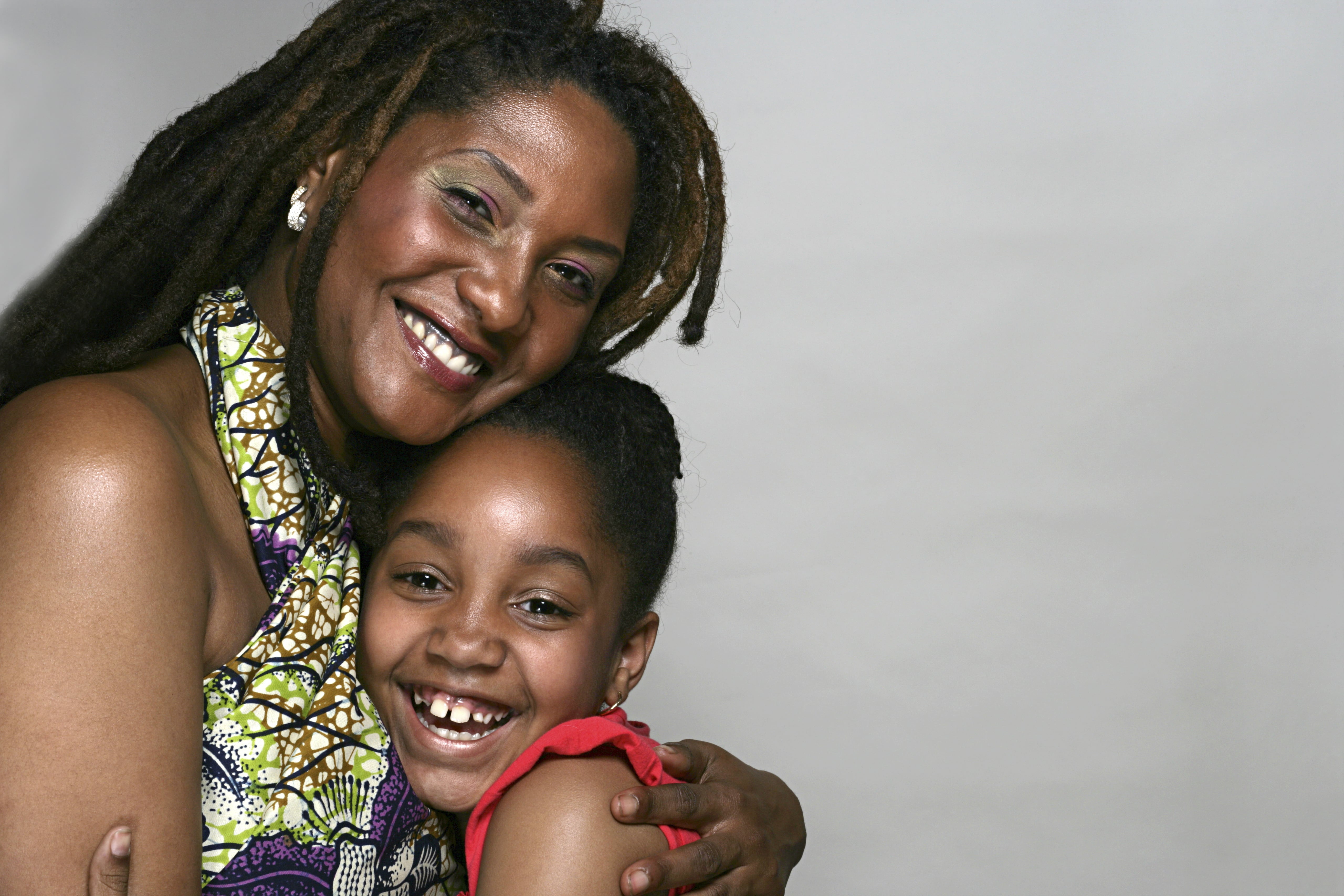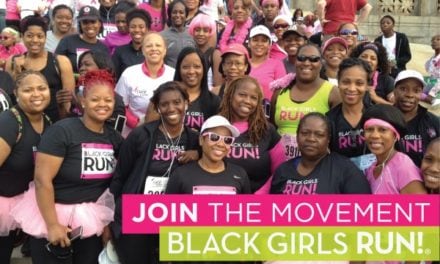
Black teens feel more stress when encountering discrimination, a new study reports. (Photo: Thinkstock)
Experiencing discrimination can be harmful to the health of any group, but black teens experience more lasting, negative health effects than other groups. A new study suggests that the difference lies in how a person’s body responds to stress.
The negative impact of feeling that you have been discriminated against imbalances the body’s levels of cortisol, the primary stress hormone. When cortisol spikes, it also increases the sugar (glucose) in your bloodstream, enhances your brain’s use of sugar, and raises your heart rate and blood pressure. When your body repeatedly launches the stress response sequence, it increases anxiety levels, sleep problems, depression, weight gain, as well as your lifetime risk of heart disease.
When a Teen Experiences Racism
A team of researchers from Northwestern University found that black teens not only felt more stress when encountering discrimination, but that the teenage years were a time when a young person’s body was particularly sensitive to the unhealthy effects of cortisol.
“We found that cumulative experiences matter and that discrimination mattered more for blacks [as opposed to whites],” said study lead author Emma Adam, a developmental psychologist at Northwestern’s School of Education and Social Policy in a university interview.
After experiencing racism, both the black and white teens in the study had a change in cortisol levels, but the change was more dramatic for black teens.
Cortisol levels rise in the morning, to help us have energy for the day. At night, the levels lower somewhat to help prepare us for sleep. This study is the latest to show that living with discrimination can disrupt this cycle, especially for teens. For black teens especially, racism keeps cortisol levels high in the evening, with less of the normal decline in levels occurring during the day.
Consistently high cortisol levels may wreak havoc on mental health and cause fatigue. Unbalanced cortisol is also linked to higher rates of mortality, as well as cardiovascular disease over the lifespan.
Using information gathered from 12 to 32-year-olds, over a period of 20 years, the researchers found that the more people experienced discrimination throughout adolescence and early adulthood, the more irregular their cortisol rhythms were by age 32. Having higher levels of education or income did not protect the teens from racism’s damaging health effects.
“There’s a fair amount of research on how discrimination affects people in the moment,” Adam said. “But, we haven’t been sufficiently considering the wear and tear and accumulation of discrimination over lifetimes. Our study offers the first empirical demonstration that everyday discrimination affects biology in ways that have small but cumulative negative effects over time.”
“When you experience perceived discrimination during this period of change [adolescence], it’s more likely that those effects are built into the system and have a bigger impact.”
Helping Your Teen Cope
Every parent wants to protect their child from the hurt of racism, but of course we cannot fully shield our children from the reality of ongoing discrimination in America. Yet, you can give your child a potent weapon — resilience. Here’s what the experts suggest:
- Use the power of identity. Many studies have shown that for black children and children of other races, identifying strongly with one’s own ethnic or racial group is, in some ways, protective against discrimination. Black children who hold positive ideas about being African American, Caribbean, or African have lower levels of depression, higher self-esteem, and reap the benefits of having high levels of ethnic pride.
Make sure your children know our history and accomplishments, have an opportunity to participate in ethnic or cultural traditions, and are raised with positive ideas about their appearance and abilities.
-
Be warm and compassionate. Forget tough love, research shows that being sensitive to a child’s needs, being warm and supportive and affectionate helps make your children stronger, raises their self-esteem and helps to protect them from depression, especially after facing discrimination.
-
Prepare them. Talk to your children about racial or ethnic issues and discuss how they might cope with discrimination. Communicating with children about discrimination, and how they might process it, protects their health and well-being.








